If you ever dream of visiting Iceland, one question naturally comes to mind: What language do they speak in Iceland?
This small but beautiful country in the North Atlantic is famous for its magical landscapes, volcanoes, glaciers, waterfalls, and black sand beaches, but its culture is just as fascinating as its scenery. Language is at the heart of that culture. It shapes how people share stories, greet travellers, and keep their history alive.
When I first started reading about Iceland, I realized that understanding its language is more than a practical need. It opens a door to the way Icelanders think and live. From ancient Viking sagas to modern music and literature, words carry a deep sense of identity here. In this blog, I will share what I learned about the main language of Iceland, the other languages you might hear on your trip, and why Icelandic is more than just a way to communicate, it’s a living link to the country’s past.
If you love exploring how people speak around the world, this topic by What Do They connects well with other unique language stories. For example, you might also be curious about what language they speak in Belgium, how languages in Singapore mix history and which language does Amish people use. Learning about Iceland adds another piece to that global puzzle while helping you feel more confident when planning a visit.
The Main Language of Iceland: Icelandic
The main answer to what language do they speak in Iceland is simple: Icelandic.
Icelandic is the official language of the country and is spoken by almost the entire population. It belongs to the North Germanic family, which means it is related to languages like Norwegian, Danish, and Swedish. But Icelandic is special because it has stayed very close to the old Norse language that Vikings once spoke over a thousand years ago.
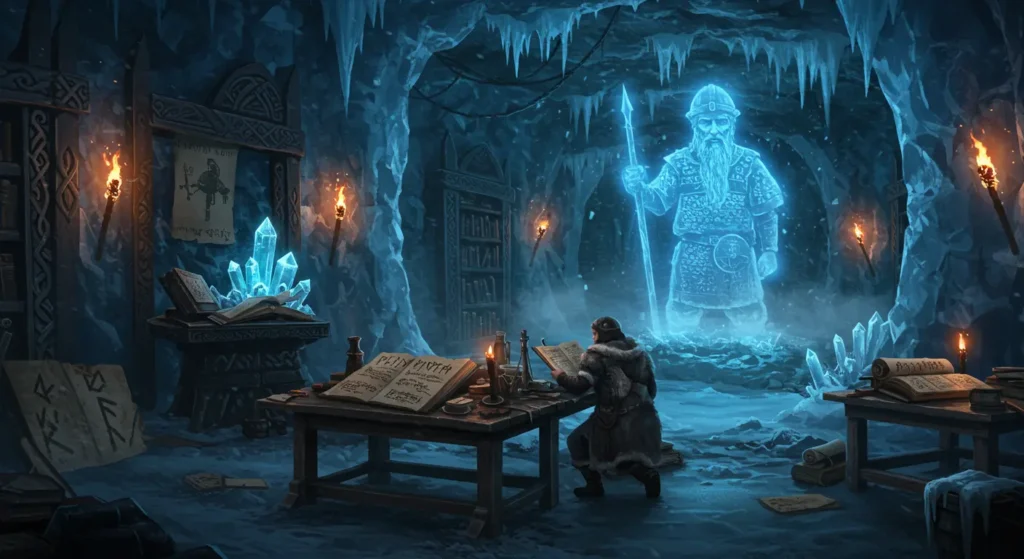
When I first saw Icelandic words on street signs and menus, I noticed they looked different from English. Letters like “ð” (eth) and “þ” (thorn) give Icelandic a unique character. Locals are proud of their language and work hard to keep it alive and pure. Even when new technology or ideas come, Iceland creates its own words instead of borrowing English ones. For example, instead of using the word “computer,” they use tölva, a word made from their own language roots.
This love for their language shows how much Icelanders value their history. If you plan to visit, learning a few simple words like takk (thank you) can make a warm impression.
English in Iceland: Widely Spoken and Understood
Even though Icelandic is the main language, you don’t need to worry if you only speak English. During my research and from travelers’ stories, it’s clear that English is widely spoken across Iceland. From hotels and restaurants to grocery stores and tourist attractions, most people can communicate in English with ease. In schools, English is taught as a second language from a young age, so younger generations are often fluent.
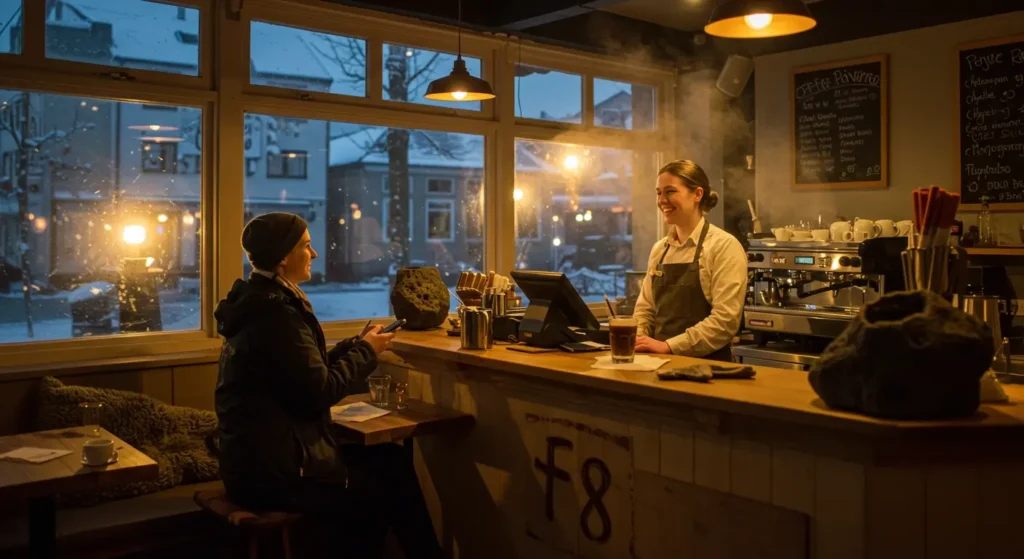
When I imagine ordering coffee in Reykjavík or asking for directions to a hot spring, I feel relieved knowing that English will work almost everywhere. However, even if everyone understands English, locals always appreciate when visitors try a few Icelandic phrases. It shows respect for their culture and can start friendly conversations.
Other Languages You May Hear in Iceland
While the main focus is Icelandic and English, you might also hear other languages depending on where you go.
Because Iceland is a growing tourist destination, many workers in hotels, restaurants, and shops come from different countries. This means you might hear Polish, Danish, German, or even Spanish in busy areas. Polish is actually the second most common native language in Iceland because of the large Polish community living there.
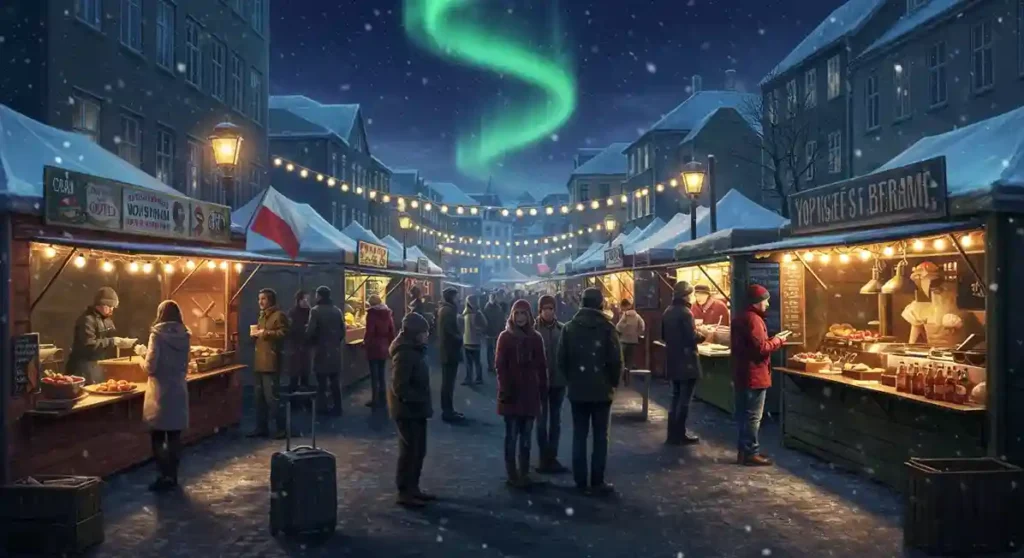
Some older Icelanders may also speak Danish, as it was once taught more heavily in schools due to historical ties with Denmark. Today, Danish is still part of the education system, but English has become more dominant.
Why Icelandic is More Than Just a Language
When thinking about what language do they speak in Iceland, it’s important to see that Icelandic is more than a way to talk, it’s a way to connect to the past. Icelandic allows people to read ancient Viking sagas in almost their original form. These old stories of heroes, sea journeys, and daily life are a treasure of world literature. For many Icelanders, keeping their language alive means keeping their identity and history strong.

I find it inspiring that a small country with only about 380,000 people protects its language so carefully. It reminds me how words carry memories, values, and pride. Learning even a few Icelandic words before visiting can feel like holding a small piece of that tradition.
Tips for Visitors Who Speak Only English
Traveling to Iceland is simple even if you don’t speak Icelandic. Here are some easy tips to make your trip smoother:
- Learn basic words: Simple greetings like Halló (hello), Bless (goodbye), and Takk (thank you) can go a long way.
- Use clear English: Most Icelanders understand different accents, but speaking slowly and clearly helps.
- Download a translation app: It’s useful for reading signs or menus in smaller towns.
- Respect the effort: If someone tries speaking English, listen patiently and appreciate their effort.
These small steps show kindness and can create a better connection with locals.
A Language That Stays Strong
After exploring this topic, the answer to what language do they speak in Iceland feels simple yet meaningful. Icelandic is the heart of the country, holding centuries of history in its words. English is the bridge that connects visitors and locals, making travel easy and friendly. Other languages add color, but Icelandic remains the soul of the island.
As I imagine walking through Reykjavík’s colorful streets or standing near a roaring waterfall, I picture signs in Icelandic, people switching smoothly to English, and the quiet pride of a nation that keeps its language alive.
So, next time someone asks you what language do they speak in Iceland, you can say: They speak Icelandic, but they will happily speak English with you too.
Final Thoughts
If your next adventure takes you to Iceland, remember that language is more than a tool, it’s part of the journey.
While English will guide you through hotels, restaurants, and tours, knowing that the language they speak in Iceland is Icelandic adds a deeper layer to your trip. A single word like takk can open doors to smiles and stories. In a world where many small languages are fading, Iceland shows how a community can honor its roots while welcoming the world.
FAQs for Language in Iceland
1. What language do they speak in Iceland?
The main language spoken in Iceland is Icelandic. It is the official language of the country and is used in schools, government, and daily life. Icelandic comes from Old Norse, which means it has stayed close to the language once spoken by Vikings.
2. Do people in Iceland speak English?
Yes. English is widely spoken in Iceland, especially in cities, hotels, restaurants, and tourist areas. Most Icelanders learn English from a young age, so travelers can communicate easily even if they don’t speak Icelandic.
3. Is it hard to learn Icelandic?
Many visitors find Icelandic challenging because it has unique letters and sounds. Words can be long, and grammar rules are different from English. However, locals appreciate when travelers try simple phrases like Halló (hello) or Takk (thank you).
4. What other languages are spoken in Iceland?
Besides Icelandic and English, you might hear Polish, Danish, German, and other European languages. Polish is the second most common native language due to a large Polish community living in Iceland.
5. Can you travel in Iceland if you only speak English?
Yes. Travelers can easily explore Iceland using only English. Signs in tourist areas often include English, and most locals in Reykjavík and popular destinations understand it very well.
6. Why is Icelandic important to Icelanders?
Icelandic is more than just a language, it is a link to the country’s history and culture. It allows people to read ancient Viking sagas in their original form and helps keep Iceland’s identity strong in a modern world.
7. How similar is Icelandic to other Nordic languages?
Icelandic is related to Norwegian, Danish, and Swedish because they all come from Old Norse. However, Icelandic has changed the least over the centuries, so it sounds more like the language Vikings once spoke.
8. Do road signs and menus in Iceland use English?
Yes. Many road signs, menus, and tourist guides in Iceland include English translations, making it easy for visitors to drive, eat, and explore without confusion.

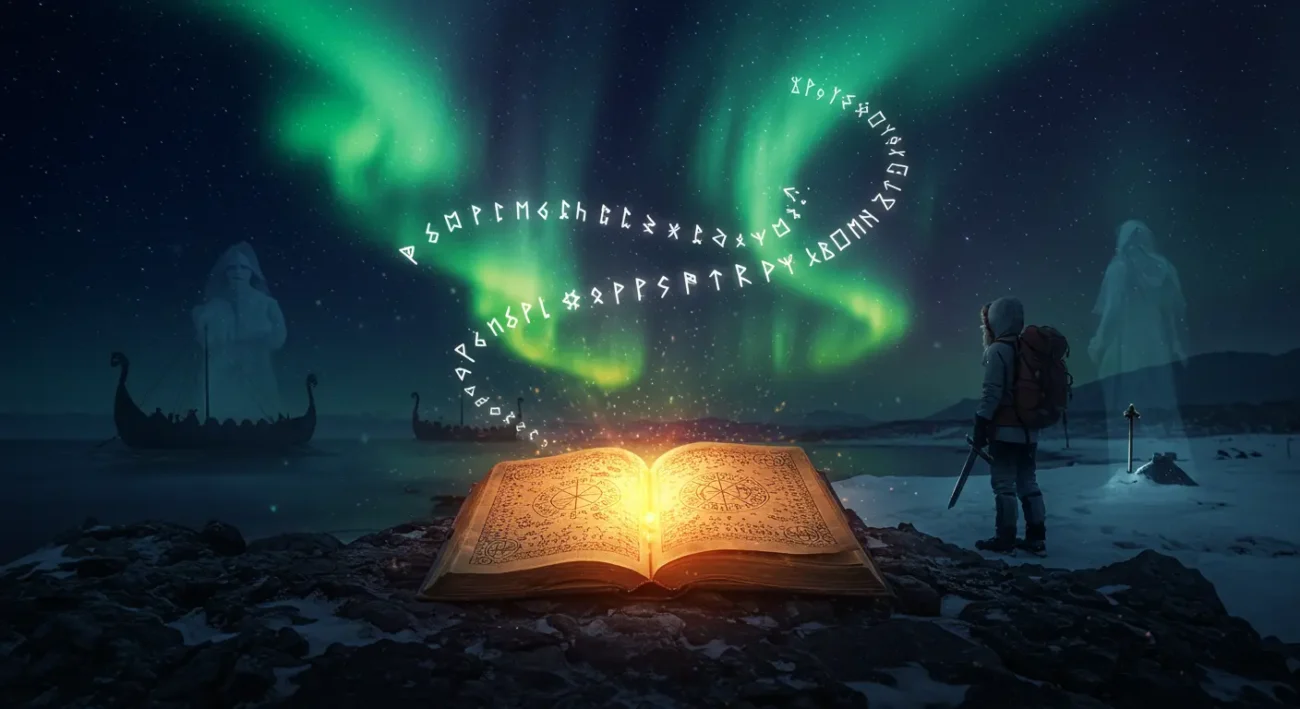


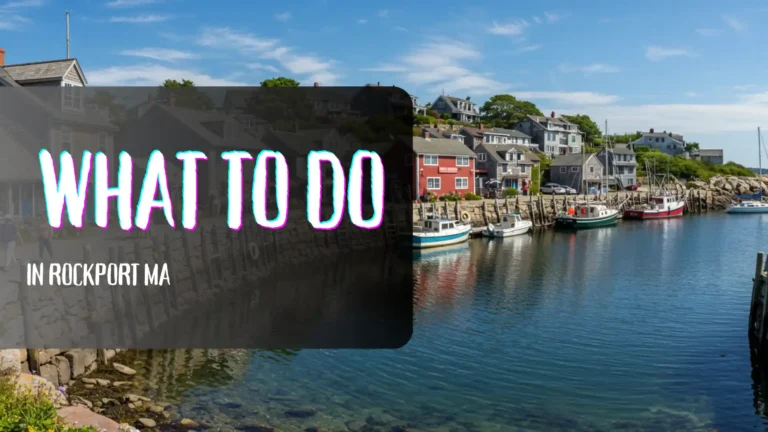
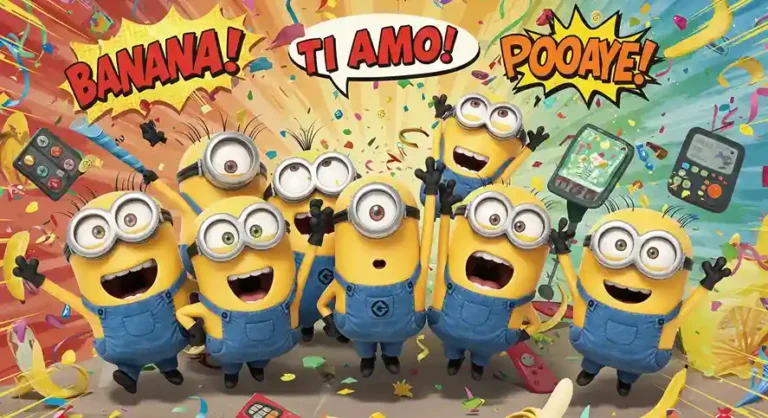
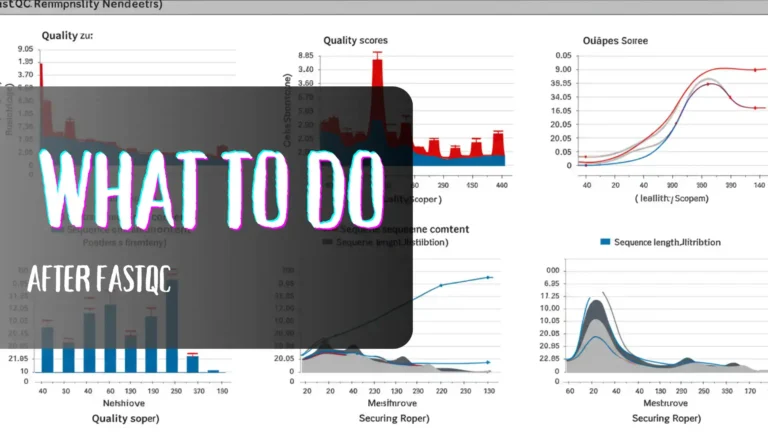
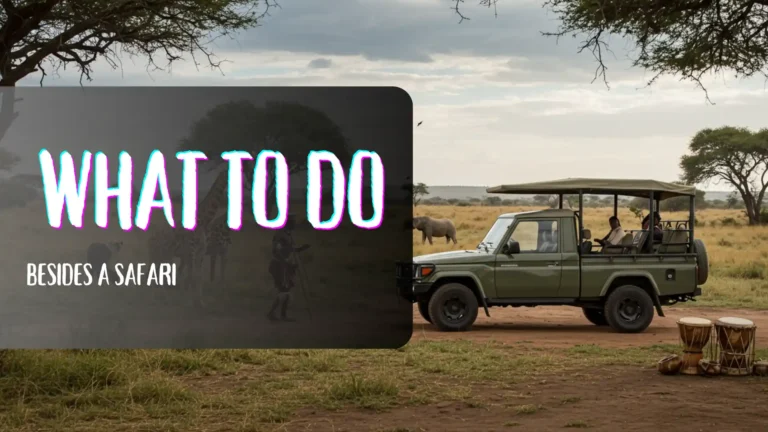
Leave a Comment